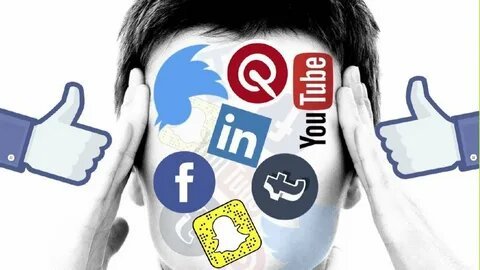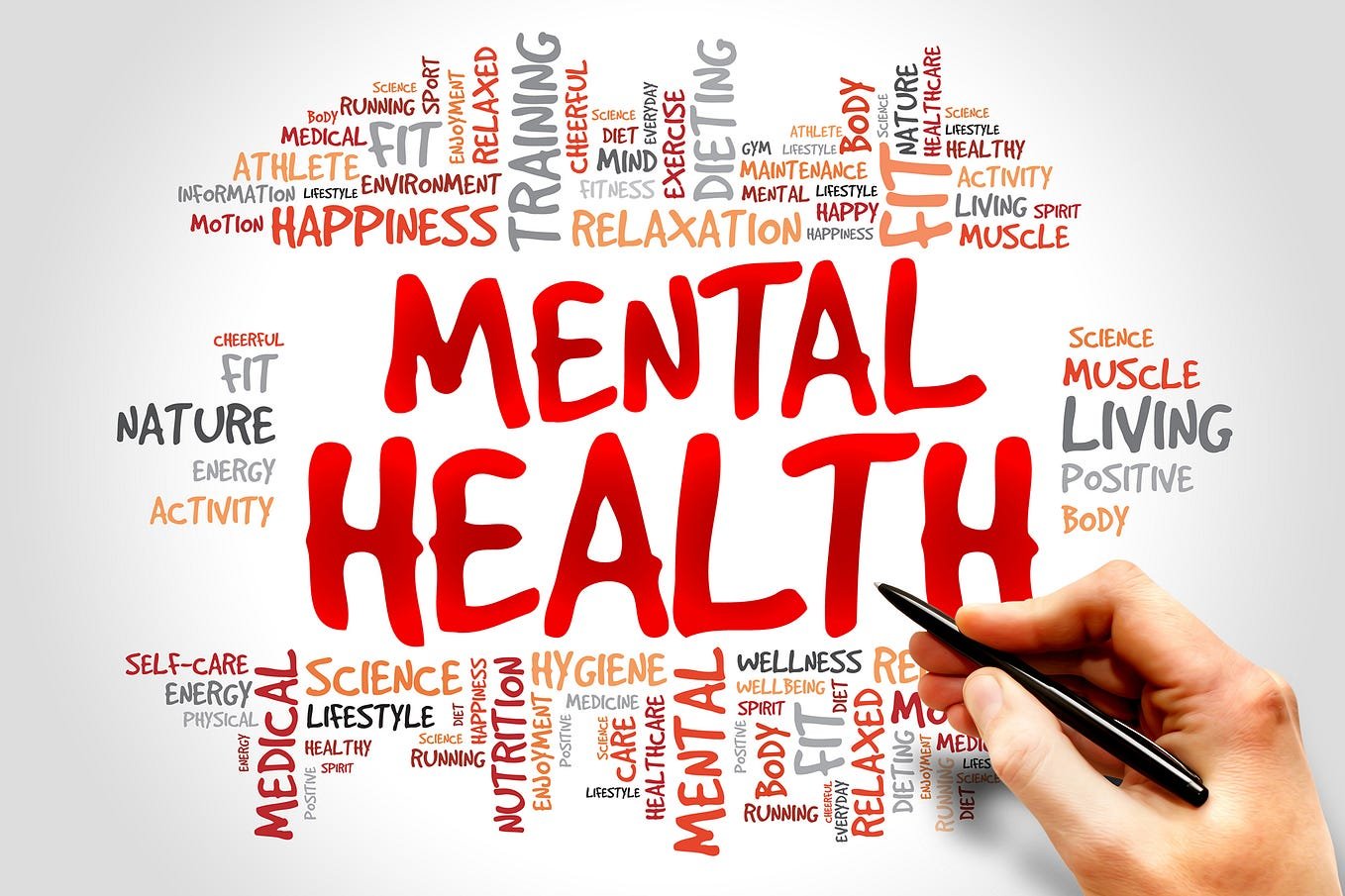Introduction
In today’s world, therapy is often hailed as the ultimate solution for mental health struggles. From social media influencers to corporate wellness programs, the message is clear: If you’re struggling, go to therapy. But is therapy really the panacea it’s made out to be? Or has it become an over-prescribed, over-hyped, and sometimes ineffective approach to mental well-being?
Therapy is often nonsensical and non-essential for many individuals. While it can be beneficial in certain cases, the blind promotion of therapy ignores alternative, often more effective, methods of achieving emotional stability.
The Overhyped Therapy Culture
Therapy has become a cultural phenomenon, with celebrities and influencers promoting it as a one-size-fits-all solution. However, this ignores several critical flaws:
- Therapy Is Not Always Effective Studies show that nearly 50% of therapy patients do not see significant improvement (American Psychological Association). Cognitive Behavioral Therapy (CBT) works for some but fails many others.
- Therapy Can Be Expensive and Inaccessible With sessions costing 100−300 per hour, therapy is a luxury many cannot afford. Insurance coverage is often limited, leaving people without proper care.
- Therapist Quality Varies Drastically Not all therapists are skilled. Many rely on outdated techniques, while others impose personal biases rather than providing objective help.
Therapy vs. Real-World Solutions
Instead of automatically recommending therapy, we should consider practical, self-driven approaches that often yield better results:
1. Social Support and Community
Humans are social creatures. Strong friendships, family bonds, and community engagement often provide greater emotional relief than a therapist’s couch. Research shows that loneliness is a major factor in depression, and simply having a support system can mitigate mental health struggles.
2. Physical Health and Mental Well-Being
Exercise, nutrition, and sleep have direct impacts on mental health. Studies confirm that regular physical activity can be as effective as antidepressants for mild to moderate depression (Harvard Medical School). Yet, therapy often overlooks these basic needs.
3. Self-Help and Personal Development
Books, podcasts, and online courses on emotional intelligence, resilience, and mindfulness can be more empowering than therapy. Many people find solace in philosophy, spirituality, or structured self-improvement programs without ever seeing a therapist.
4. Financial and Occupational Stability
Stress from financial insecurity or job dissatisfaction is often misdiagnosed as a “mental health disorder.” Instead of therapy, better financial planning or career changes may be the real solution.
Alternative Approaches to Mental Wellness
Instead of defaulting to therapy, consider these proven alternatives:
-
Meditation & Mindfulness Reduces anxiety and improves emotional regulation.
-
Journaling Helps process emotions without external intervention.
-
Volunteering & Purpose-Driven Work Fosters fulfilment beyond self-focused therapy.
-
Nature Exposure Studies show that spending time in nature lowers stress hormones.
The Myth of Universal Therapy Benefits
Therapy is often marketed as a cure-all for emotional distress, but the reality is far more complicated. While some people benefit from professional counseling, many others find it ineffective, expensive, and even counterproductive. The mental health industry has convinced society that therapy is essential but is it really?
Consider this:
-
Therapy doesn’t work for everyone. Studies suggest that 30-50% of patients see little to no improvement after months of sessions (Journal of Consulting and Clinical Psychology).
-
The placebo effect plays a role. Some people feel better simply because they believe therapy should help, not because the therapy itself is effective.
-
Endless therapy can create dependency. Instead of fostering independence, some patients become reliant on therapists to process everyday emotions.
The Financial Exploitation of Mental Health
One of the biggest issues with therapy is its sky-high cost. A single session can range from 100 to300, and long-term treatment can drain savings. Insurance often covers only a fraction, leaving many in debt for “self-care.”
Meanwhile, therapists themselves admit:
-
Many use cookie-cutter techniques Rather than personalized care.
-
Some prolong treatment unnecessarily To keep clients paying.
-
Online therapy apps (like Better-Help) Have Questionable Effectiveness, With many users reporting generic, robotic responses from overworked counselors.
If therapy were truly about healing, why is it so expensive and inconsistent?
Therapy vs. Real-Life Problem Solving
A major flaw in therapy is its focus on talking rather than solving. Many therapists encourage patients to dwell on past traumas instead of taking actionable steps forward.
For example:
-
A person with financial stress Might spend months discussing childhood money fears in therapy instead of learning budgeting skills.
-
Someone with social anxiety Might analyze their past for years rather than practicing real-world social interactions.
-
A depressed individual Might be told to “process emotions” instead of fixing sleep, diet, and exercise key factors in mood regulation.
Therapy often pathologizes normal struggles, turning life challenges into “disorders” that require endless treatment.
The Rise of Self-Healing & Alternative Methods
Many people are now rejecting traditional therapy in favor of self-directed healing, with remarkable results. Here’s why:
1. Books & Online Resources
-
Cognitive Behavioral Therapy (CBT) workbooks allow people to apply techniques at home for a fraction of the cost.
-
Philosophy and Stoicism teach emotional resilience without a therapist’s input.
2. Peer Support & Community
-
Support groups (free or low-cost) Often provide better empathy than a paid professional.
-
Accountability partners (Friends, Mentors) can offer guidance without clinical jargon.
3. Physical Health Fixes
-
Exercise, sunlight, and nutrition have direct, measurable impacts on mental health unlike vague therapy talk.
-
Sleep optimization alone can resolve many anxiety and depression symptoms.
4. Action Over Analysis
-
Taking real-world steps (changing jobs, ending toxic relationships, learning new skills) often does more for mental health than years of therapy.
When Therapy Is Actually Harmful
Not only is therapy often useless it can sometimes make things worse:
-
Bad Therapists Can implant false memories or encourage victim mentality.
-
Over-Diagnosis Leads to unnecessary medication (antidepressants, anti-anxiety drugs).
-
Therapy can create a Crutch Making people believe they can’t cope without professional help.
Therapy’s Limitations and Misuse
- Over-Pathologizing Normal Emotions Sadness, anxiety, and stress are natural human experiences. Labeling them as “disorders” needing therapy can create dependency rather than resilience.
- Endless Therapy Without Progress Some patients spend years in therapy without tangible improvement, stuck in cycles of talk without actionable change.
- The Power Dynamic Issue Therapists hold significant influence, and poor guidance can worsen a person’s mental state rather than help.
A Better Approach: Self-Reliance & Practical Solutions
Instead of defaulting to therapy, we should ask:
-
Is this a medical issue, or a life problem? (Many “mental health” struggles are situational, not psychological.)
-
Can I solve this myself? (Most people have more inner strength than therapists give them credit for.)
-
Are there free or low-cost alternatives? (Exercise, meditation, better sleep, and social connection cost nothing.)
Conclusion: Therapy Is Not the Only Answer
While therapy has its place, it is far from the only or even the best solution for mental health. The modern obsession with therapy ignores cheaper, more accessible, and often more effective alternatives.
Before Rushing to a Therapist, ask yourself:
Do I really need professional intervention, or can I address this through lifestyle changes, social support, or self-guided growth?
Therapy is not nonsense for everyone, but it is certainly non-essential for many. It’s time we stop treating it as the default solution and start promoting holistic, self-sufficient approaches to mental well-being.
If you learn more about Mental Health Therapy, Please visit the drzaar.com







